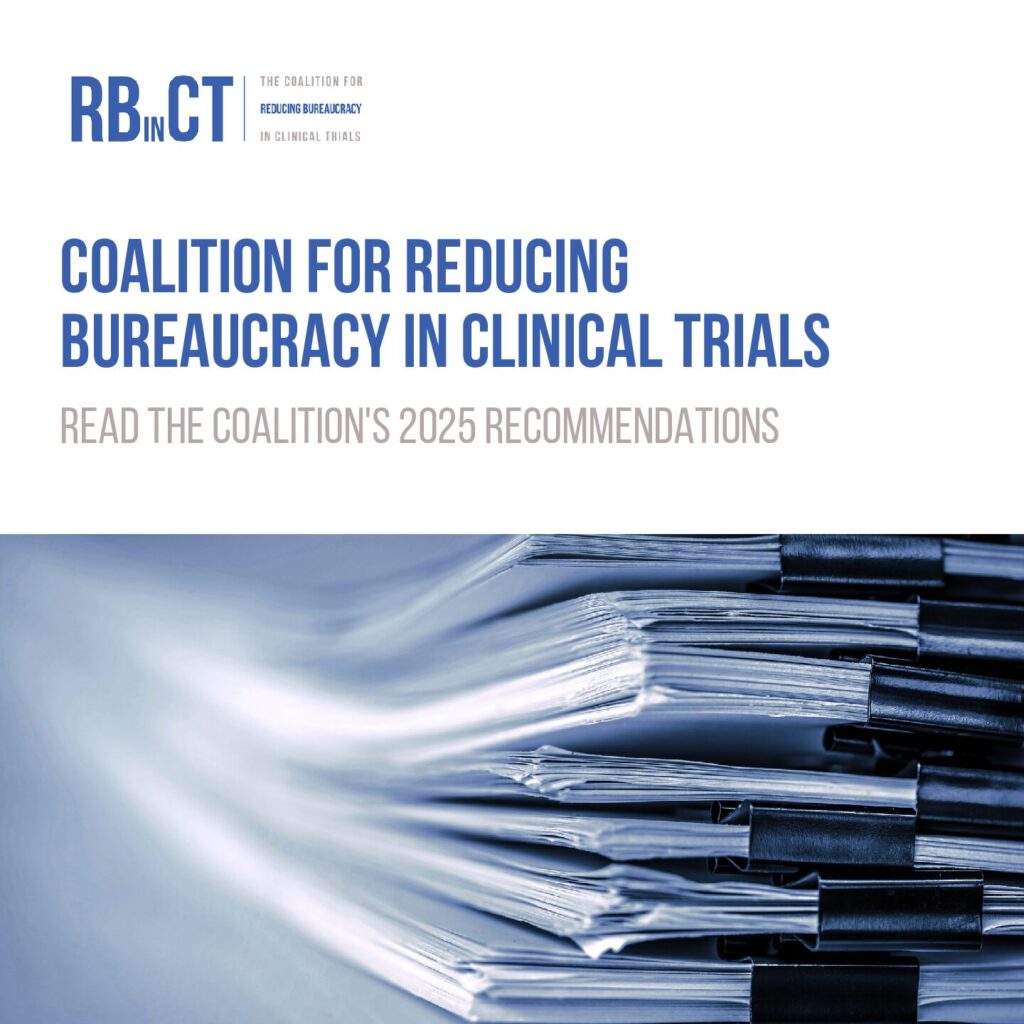Share this Page:
The final long-term follow-up data from the phase 3 KEYNOTE-426 study have been published in Nature Medicine. This was the first study to combine an immunotherapy (pembrolizumab) with a targeted therapy (axitinib) as a first-line treatment for advanced kidney cancer. It, therefore, has the longest follow-up duration among the various studies comparing these types of drug combinations.
After more than 5 years of follow-up, the combination continued to be better than sunitinib for the first-line treatment of patients with previously untreated advanced clear cell kidney cancer.
The study also provided valuable information about potential biomarkers that might help predict response to treatment.
861 previously untreated advanced kidney cancer patients were enrolled in the KEYNOTE-426 study. Patients were randomly allocated to be treated with either a combination of pembrolizumab plus axitinib or sunitinib.
After an average follow up of more than five and a half years, patients on the combination of pembrolizumab plus axitinib survived longer than patients on sunitinib. The average overall survival time was nearly 4 years for the patients treated with pembrolizumab plus axitinib compared to nearly three and a half years for patients treated with sunitinib. Also, the average time to when the treatment stopped working and the cancer started growing again (progression-free survival) was nearly one year and four months with pembrolizumab plus axitinib compared to 11 months with sunitinib.
These survival benefits were consistent across all patients in the study.
The researchers also looked for biomarkers that might help predict how patients will respond to treatment with immunotherapy.
The researchers found genetic biomarkers that might help predict how well patients will respond to both immunotherapy (pembrolizumab) and targeted therapy (axitinib). The biomarkers were the T-cell-inflamed gene expression profile (TcellinfGEP) and a change (mutation) in the PBRM1 gene, respectively.
In conclusion, the combination of pembrolizumab plus axitinib showed better survival outcomes compared to sunitinib in patients with advanced clear cell kidney cancer. More patients responded to the combination treatment than sunitinib and the average response to the combination lasted longer than the average response to sunitinib.















